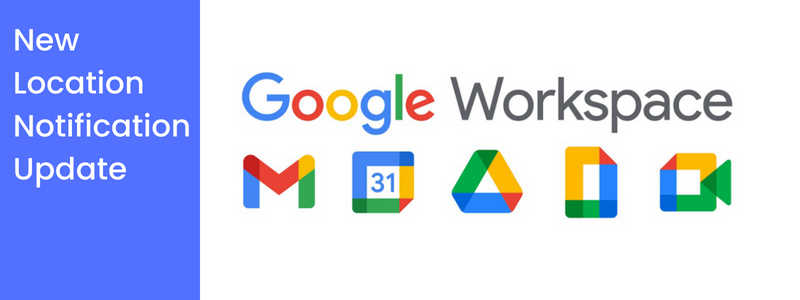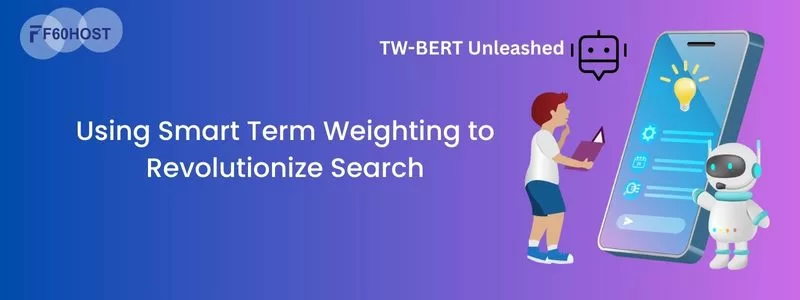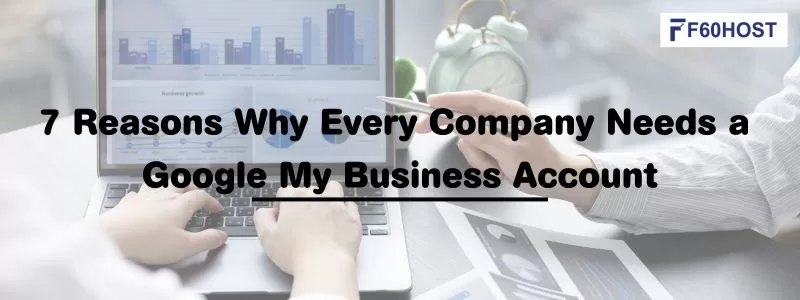Google Workspace may soon notify your coworkers where You Are

If your organization activates the setting, Google Calendar will automatically display your location and working hours.
Google Workspace, the home of collaborative tools such as Gmail, Google Drive, and Google Meets, has recently put out a brand new Working Location feature that may force you to share your working location and hours.
The application, which aims to improve location planning and conference room management across enterprises, is now available to IT administrators.
But, while the new Working Location setting is intended to promote hybrid working coordination, would having employees to continually disclose their whereabouts be one step too far for privacy-conscious employees?
Google Workspace Introduces a New ‘Working Location’ Option
Formerly known as G Suite, Google Workspace is a collaboration platform that currently serves over three billion global users.
Since the beginning of the pandemic, Google developers have strived to make its offerings more appropriate for remote and hybrid teams. Google Workspace’s latest feature ‘Working Location,’ is the latest example of this continued effort.
The new setting, which the company announced in a blog post Tuesday, allows businesses to encourage or compel employees to advertise their working location and hours across the network. IT administrators are not required to enable the feature, but if they do, this status will appear on a customized banner on a user’s Google Calendar.
Google argues that by allowing businesses to roll out this feature, it will be easier to manage and organize remote teams, as well as identify where employees are tuning in to calls from. They further claim that the banners are adaptable, simple to customize, and may be left up for as long as the administrators like.
Despite the evident benefits of this arrangement for managers and firm administrators, forcing employees to disclose their whereabouts may increase worries about workplace privacy for the 59% of employees who are already tired of employee surveillance.
But, either way you look at it, is Google Workspace truly the greatest solution for hybrid teams?
Is Google Workspace the Most Effective Collaboration Tool?
Google’s range of workplace platforms is quite extensive, ranging from Google Calendar and Sheets to Gmail and Meet. The applications are easy to use and adaptable, making the platform a solid choice for enterprises of all sizes.
While Google Workplace is popular in the business world, it is not the only workplace communication platform available. Microsoft 365 is another versatile suite of productivity software that rivals Google’s offering.
When comparing Microsoft 365 with Google Meets, it’s difficult to identify a clear winner because both systems offer such excellent collaboration tools. If you only need video conferencing, however, we would choose Google Meet over Microsoft Teams due to its more comprehensive feature set and competitive cost.
Related: Google Workspace vs Office 365 Comparison
Google Meets and Microsoft Teams aren’t the only possibilities, so check out our list of the finest conference call services to see what else is available.
Source: Tech.co
Get Google Workspace with F60 Host
In the past, Google Workspace India was thought to be the less expensive alternative for corporate productivity software. At F60 host, Google workspace pricing is the cheapest. Google workspace pricing starts at ₹110 at F60 Host with 30 GB Cloud Storage per user per month.



